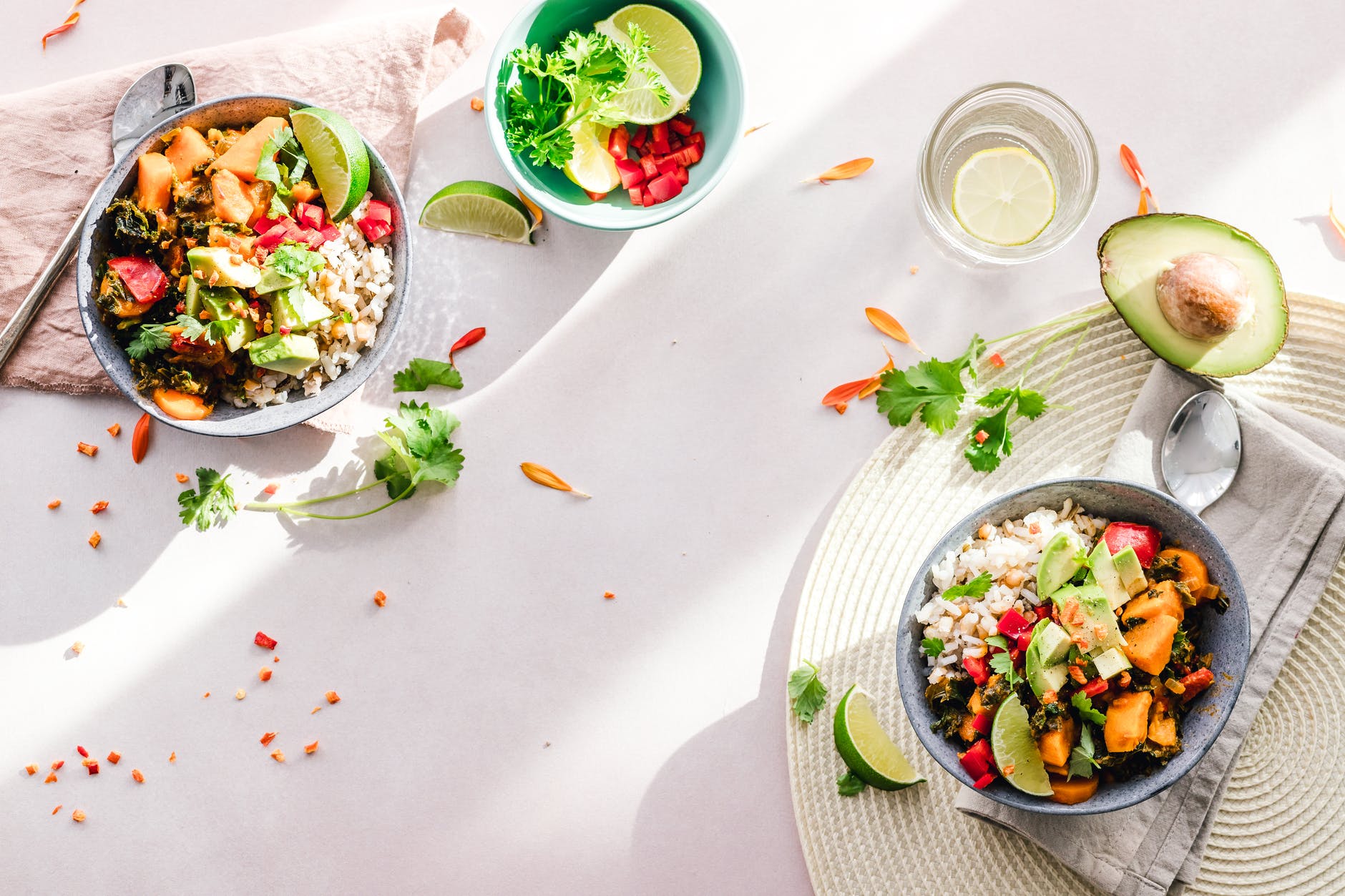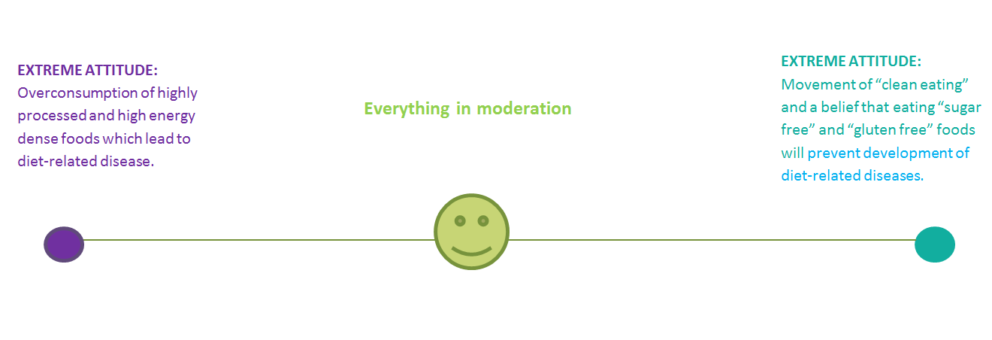
#CleanEating
By Charlotte Foster BSc (Hons), MSc, RD.
I recently watched a documentary on Horizon with Dr. Gile Yeo which explored the popular clean eating movement, looking at the evidence surrounding some of the claims made by the famous faces behind who advocate this way of eating.
I LOVED IT! I thought it was brilliantly filmed, with Dr. Giles Yeo doing an amazing job interviewing the likes of Ella Mills from ‘Deliciously Ella’ , and exploring the evidence behind claims from The Helmsley sisters and Natasha Corrett’s promotion of the alkaline diet.
It was particularly harrowing to hear about how people promote the alkaline diet, claiming that this diet can help cure diseases such as cancer. With my Specialist Dietitian hat on, I have seen first hand, and indeed continue to experience day in and day out, just how damaging, dangerous and unhelpful non-evidence based nutritional advice can be if given to people with a diagnosis of cancer.
Like many other dietitians and health professionals I am driven to see the best outcomes for my patients, with the privalidge of providing them advice as they face what can be very gruelling treatment (chemotherapy, radiotherapy, surgery or a combination). To do this effectively, we look at the latest research and studies and translate this into practical advice. Studies and new research is always being generated, but at present, until the evidence-base says otherwise, I will continue to advocate advice rooted in evidence to do the best for my patients.
But why do people buy into faddy diets and movements like clean eating? It got me thinking about peoples attitudes to food…

At one end of the spectrum we are eating an abundance of highly processed foods. These often present themselves as quick, cheap, convenient to prepare/cook and appealing (in terms of taste, texture and aesthetic appeal). The problem is, these foods are often not particularly nutrient-rich but instead provide the body with excess of energy derived from fats and refined sugars (simple sugars). By eating a diet high in energy-dense low-nutrient foods is it a surprise we begin to see a rise in weight gain (leading to being overweight/obese), malnutrition, cardiovascular disease (heart disease) type 2 diabetes and cancer?
At the other end of the spectrum there has been movement towards “clean eating”; eating like a caveman; going “sugar free”; following a gluten-free diet; or refusing to eat solid foods and only drinking fruit/vegetable juices or coconut water! We are convinced we need to buy an array of nutritional supplements in order to optimise our health and invest in expensive blenders and equipment, in a desperate attempt to lead a healthy lifestyle. Is this really necessary? In some cases, absolutely yes. For example, some people will be required to follow a specific diet for health reasons (e.g. a gluten free diet to manage coeliac disease) or prescribed nutritional supplements by their health professionals ( e.g. GP or Dietitian) in order to ensure that they are meeting their body’s nutritional requirements if they are unable to obtain all the nutrients from food.
But for many of us we are able to obtain all our body’s nutritional needs through our food! We can save a fortune and a lot of “brain space” by focussing on providing our bodies with a RANGE foods, following a healthy and balanced diet, allowing our bodies to naturally process and metabolise all nutrition it needs.
Interestingly, research has demonstrated that for healthy individuals having an excess of micronutrients (vitamins and minerals) found in supplements can actually have a negative impact on our health. To find out more read this position paper by Health Watch.
Reasons for why we adopt these attitudes are abundant and individual – working out why we choose the foods we do is a whole other issue in itself. I believe it is vital for us to identify our attitudes towards food as well as getting to know our bodies; we are all individuals after all.
It seems that the clichéd phrase of “everything in moderation” does not seem to register on our radar. Perhaps we aren’t satisfied with this or maybe we haven’t really understood what “moderation” actually means.
When we finally let that cheesy catchphrase become a mantra in our minds, we are able to lead a life where food is not just an essential source of metabolic fuel in order to help us live, but it quickly becomes an enjoyable interest, culinary pastime, a social activity drawing people together, and I believe is one of life’s great pleasures.

